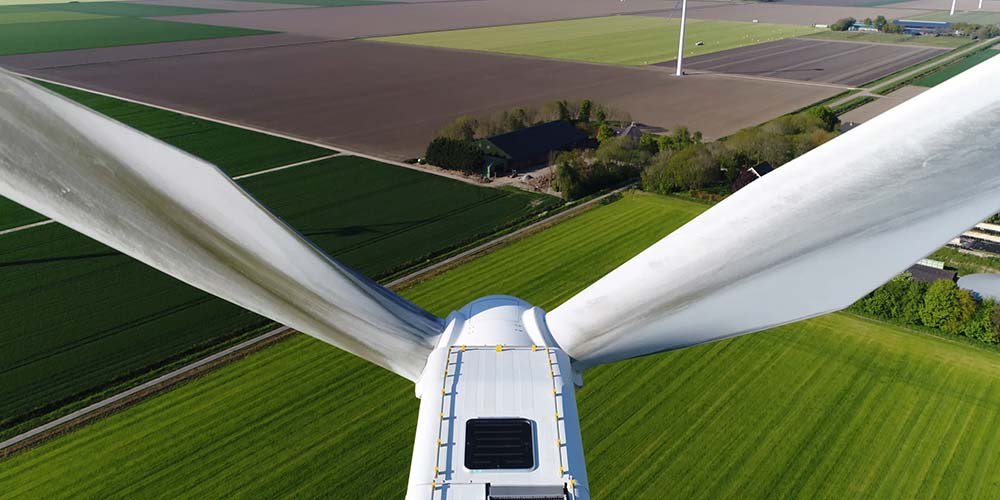The workshop was held on the 7th of May 2021
Webinar: 12:00 -13.30 (CET) 7th May – has passed
Agricultural and food systems transformation has been debated and called for, for several decades (see the five SCAR foresight studies for an overview of discourse over time) and has intensified due to emerging system challenges caused by i.e. climate change, ecosystem service failure, and economic pressures on primary producers. Fast emerging technology developments (e. g. ICT, genetics, and protein sciences) have already and are expected to create many opportunities to mitigate these failures but they also create new ‘realities and connected challenges such as regulatory issues but also social, cultural and environmental concerns. The latter result from power (financial and political) inequalities and relate to connected changes in rural areas regarding communities, business models, landscape patterns and ecosystem services in various agricultural contexts. This is related to the positions taken or under development by various networks of actors from farmer communities, science, business, civil society, and local, regional and national governments, which all co-produce the suite of technological, social and institutional innovations that are co-shaping transformation. This also includes new actors even beyond the traditional agro-food sector.
However, an additional dimension is needed to increase the reflection on how to shape the future agro-food systems as well as the technologies and concepts that would underpin them also regarding competing and diverging visions and values.

The idea of mission-oriented innovation policy has become increasingly popular (Horizon Europe, several national research strategy). It aims at combining the creation of economic growth and change that is beneficial to society. This approach has a clear directionality where policy makers and other actors aim to co-ordinate innovation activities with the objective of developing a coherent set of technological, institutional and behavioural solutions as coupled innovations. Their scope may vary and be driven by different expectations, narratives, assumptions, and policy rationales and be underpinned by different ‘sub-missions’ (e. g. local models with short supply chains and high-in field diversity or a regional model with different sorts of monoculture agriculture connected within wider rural-urban interactions and material and energy flows). Hence, these submissions represent a diversity in possible future food systems transition pathways and supporting technologies. They may also represent several competing, co-existing or converging approaches. Studying them can illuminate aligning or competing interests and infrastructures that have the potential to facilitate or constrain food system change.
The aim of the webinar is to bring together the actors of the respective domains to reflect on the following issues:
- What mission and sub-mission they contribute to and what type of contribution they make?
- What actor networks and institutional structures they are part of and whether and how they align with mission oriented agricultural systems innovation?
- With whom do they need to engage to formulate and develop missions and what kind of incentive structures are needed to support these interactions?
Programme:
Laurens Klerkx (WUR)
Supporting food system transformation – Mission-oriented agricultural innovation systems (MAIS) – an approach
Christian Huyghe (INRAE)
Mission oriented research – The implementation
Inge Van Oost (DG – AGRI, EU COM)
Mission orientation – The multi-actor approach under Horizon Europe
Cynthia Giagnocavo (University of Almería, Agrifood Campus of International Excellence):
Identifying collective challenges in the transition to a sustainable agricultural model
Q & A
Moderator: Gerry Boyle (Teagasc)
References:
Antonio J. Castro et al. (2019): Six Collective Challenges for Sustainability of Almería Greenhouse Horticulture. Int. J. Environ. Res. Public Health 2019, 16, 4097
Bettina Heimann, Lance O’Brien eds. (2017): Strategic management of agriculture and life sciences research – interfaces processes and contents. https://www.quae-open.com/produit/119/9782759231034/strategic-management-of-agricultural-and-life-sciences-research-organisations
Laurens Klerkx, Stephanie Begemann (2020): Supporting food systems transformation: The what, why, who, where and how of mission-oriented agricultural innovation systems. Agricultural Systems Volume 184, September 2020
SCAR 5th Foresight Report: https://ec.europa.eu/info/sites/info/files/research_and_innovation/research_by_area/documents/ec_rtd_resilience-and-transformation.pdf